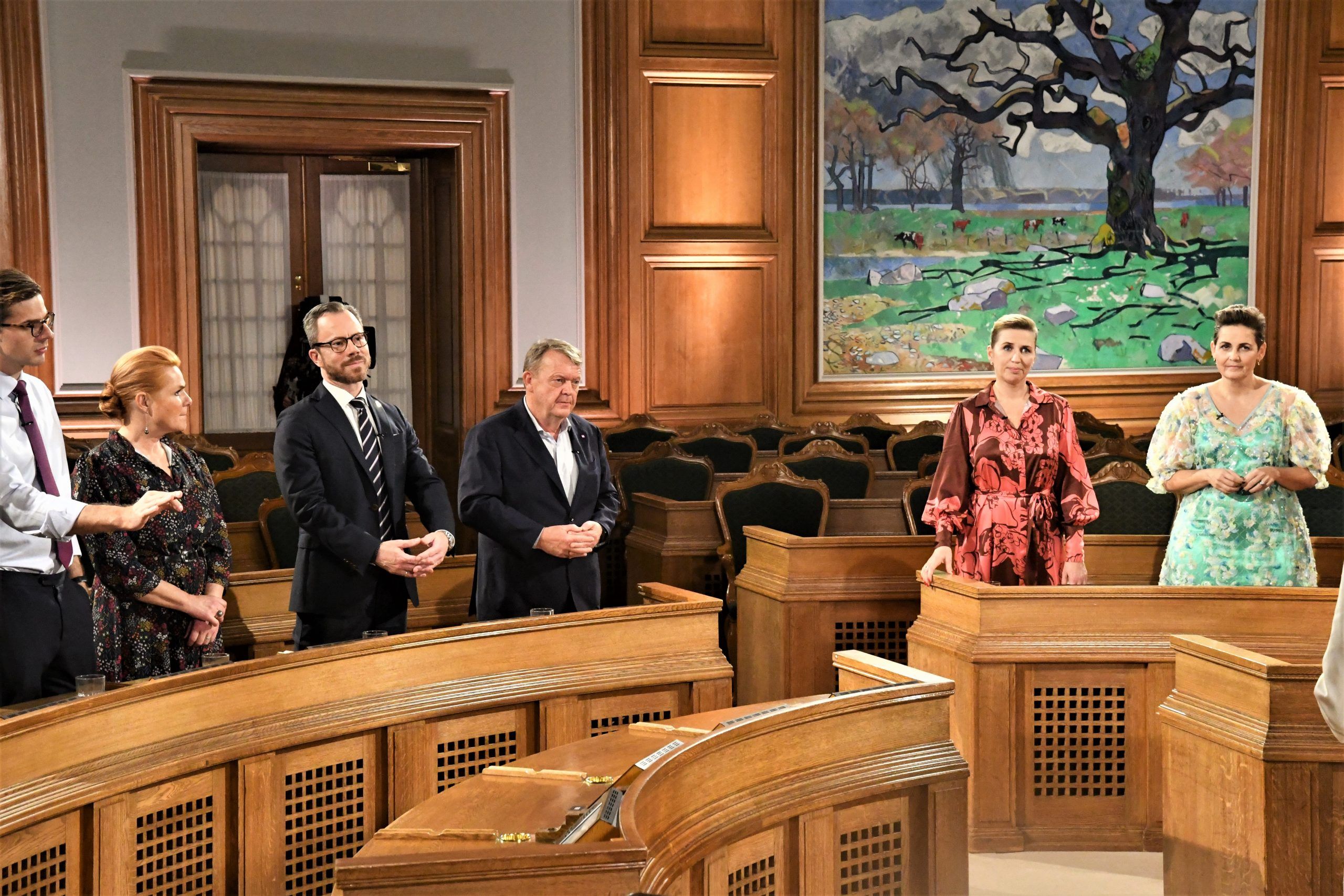There are a lot of permutations ahead of assembling the parties that will command a majority in Parliament over the next four years in Denmark – and very possibly form the next government.
Coalition on the cards?
The current government, or at least the one dissolved by Mette Frederiksen on Wednesday, was entirely made up of members of Socialdemokratiet, but that could very well change, with the country reverting back to its first coalition since 2019.
PM Frederiksen, as the leader of the party with the most votes, has again got the job of ‘royal investigator’, so she is charged with assembling a majority, and then a government.
Hard work starts today
And the hard work starts in earnest today, November 4, when the PM will listen to all of the parties’ expectations.
“The message is clear from Danes: we need emergency planning, a strong green agenda and control of the economy,” she told TV2.
Venstre first in line
As the winner of the second largest number of votes, Venstre will be the first to be heard. And while there were reports it was against a government down the centre, the party is now apparently open to the concept.
Certainly, the Red Bloc that commanded a majority before, from 2019 until earlier this week, has a majority again.
But with the strong possibility that this majority will run through the centre of Danish politics, it’s almost impossible to predict what the next government will look like.















